RIA Novosti rings in the New Year with a look at masterpieces from Russian and Soviet artists. Today’s gallery presents a selection of paintings from Aristarkh Lentulov.
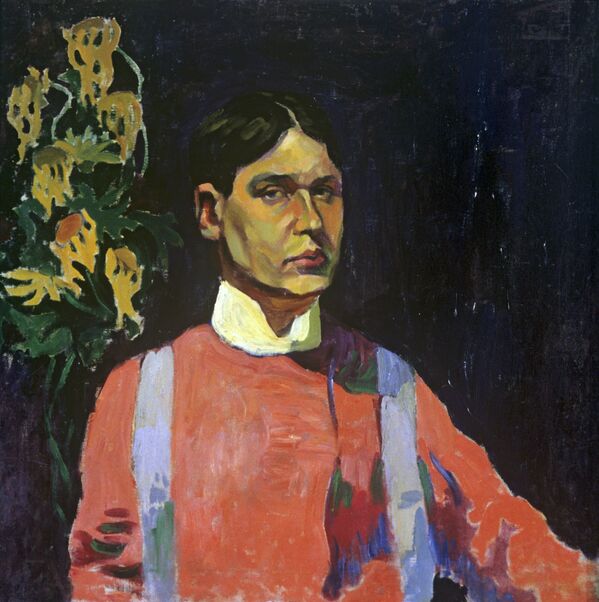
Aristarkh Lentulov (1882-1943) was an Avant-Garde painter, theater artist and educator. Photo: “Self-Portrait in Red” (1913)
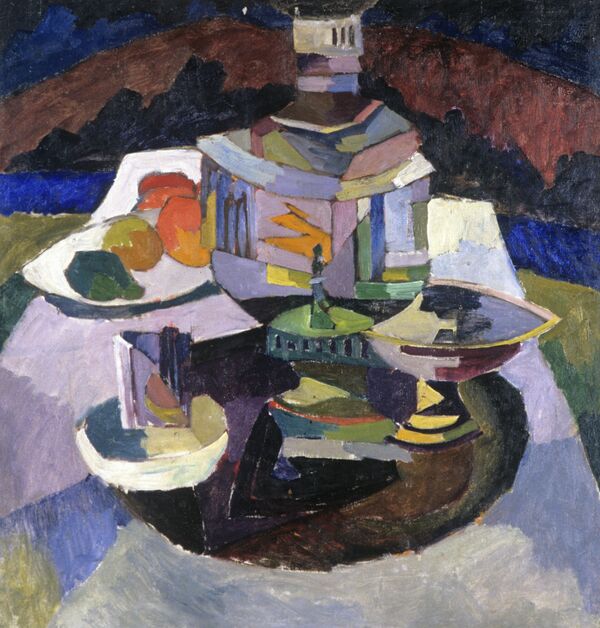
Lentulov studied at the Penza and Kiev art schools, as well as at the private studio of Dmitry Kardovsky in St. Petersburg. Photo: “Samovar” (1913)
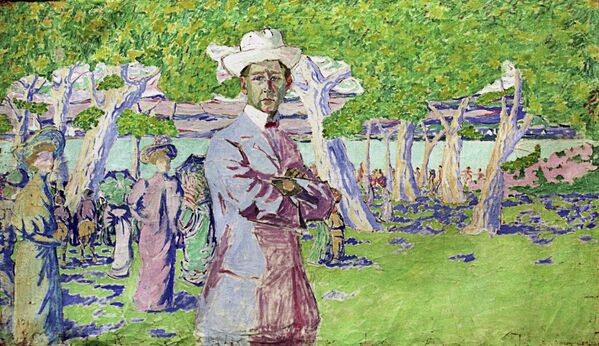
In 1910, Lentulov founded the “Jack of Diamonds” Group together with Ilya Mashkov, Pyotr Konchalovsky, Mikhail Larionov and Natalia Goncharova. Photo: “Portrait of N. A. Solovyov” (1907)
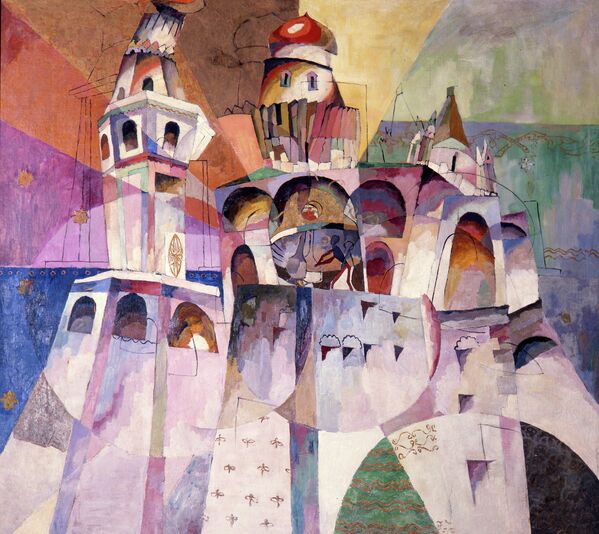
Lentulov represented the most “naïve and “nationalistic” flank in the “Jack of Diamonds” Group. Photo: “Bellringing, Ivan the Great Bell-Tower” (1915).
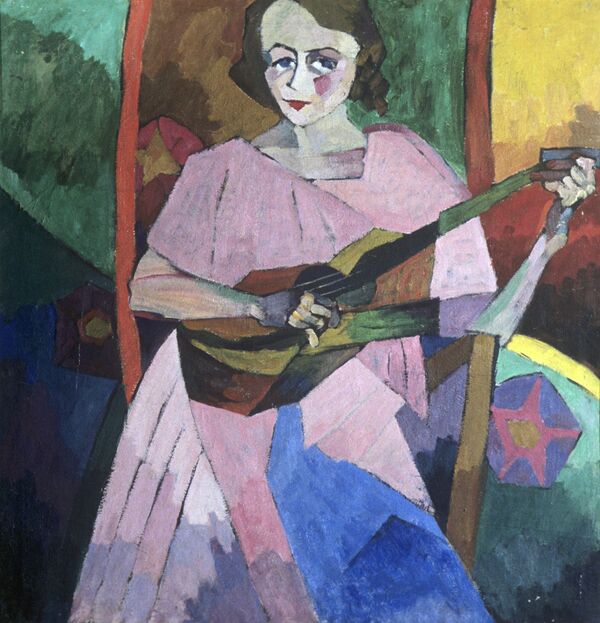
At the same time, Lentulov was a consistently Cubist-Futurist artist. Photo: “A Woman with a Guitar” (1913)
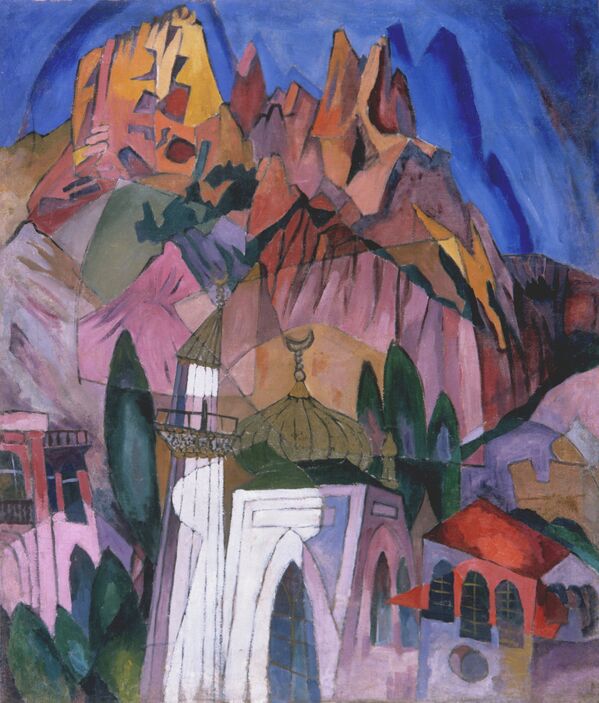
Lentulov’s masterpieces combine Cubism with the artist’s natural passion for open and slightly primitive colors, large-format canvases and pictorial “noise” in general. Photo: “Eastern City” (1916)
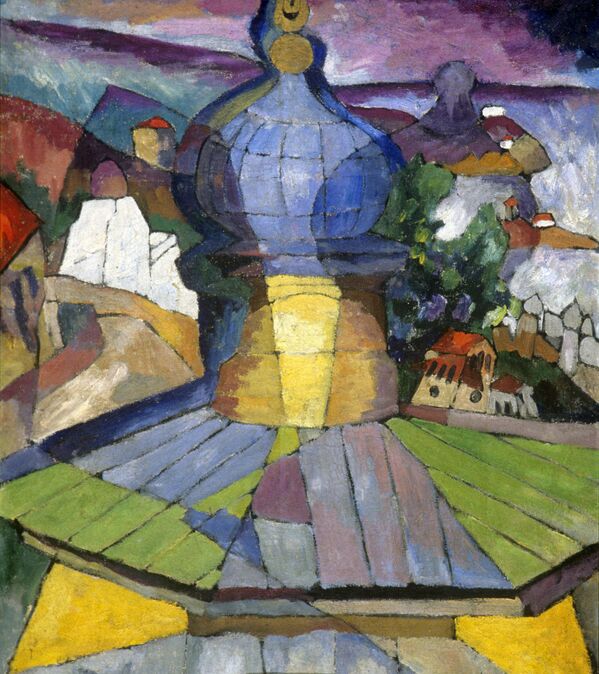
“Church Dome in Alupka” (1918)
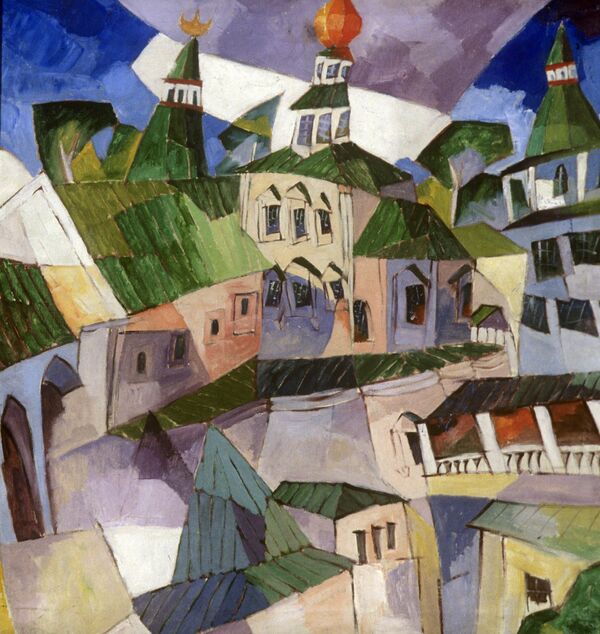
“Towers of the New Jerusalem Monastery” (1917)
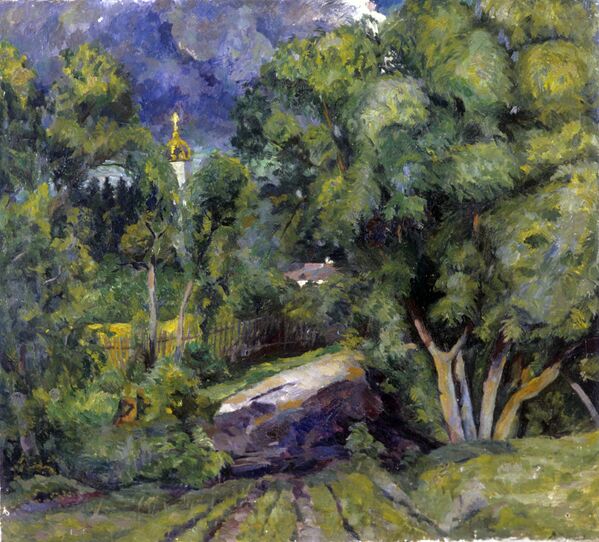
In the early 1920s, Lentulov moved from huge panel-like paintings to smaller and more “on-site” works. Photo: “After the Thunderstorm” (1923)
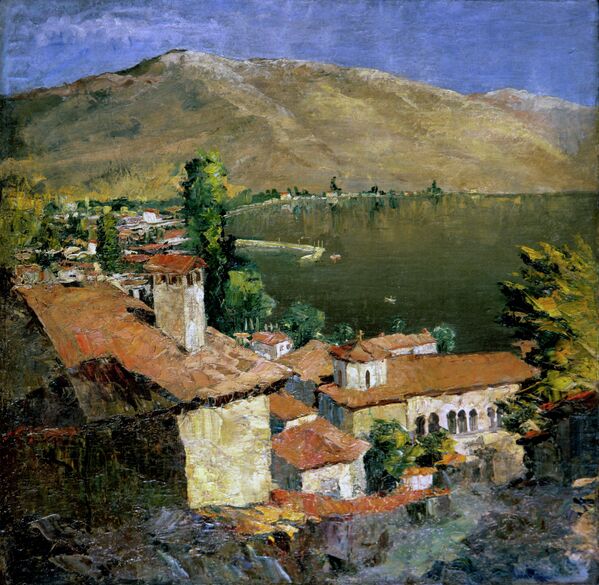
At that time, Lentulov worked on landscapes … Photo: “Landscape. Tuapse” (1930s)
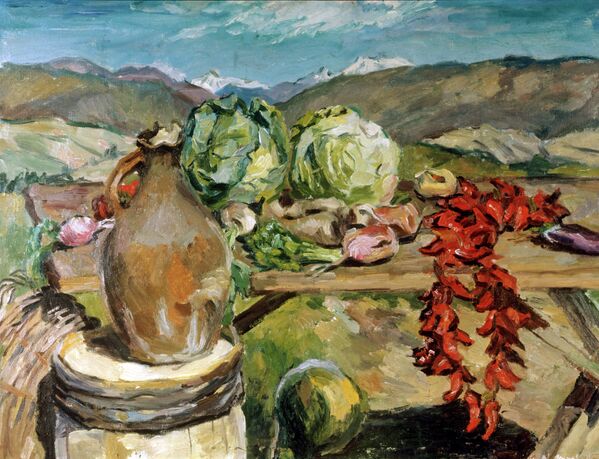
And still-lifes. Photo: “Still Life with Vegetables” (1933).
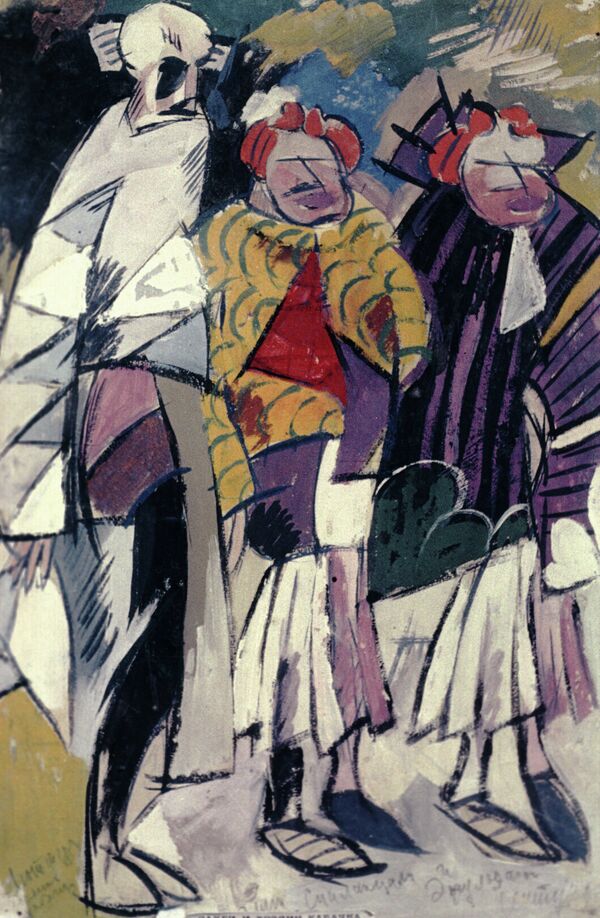
Lentulov worked rather actively in the theater world even before the revolution. He created stage scenery for performances directed by Konstantin Stanislavsky, and those staged at the Tairov Chamber Theater and the Bolshoi Theater. Photo: Sketches of costumes “Servants and Tavern Owner” for the “Tales of Hoffmann” opera by Jacques Offenbach (1920).
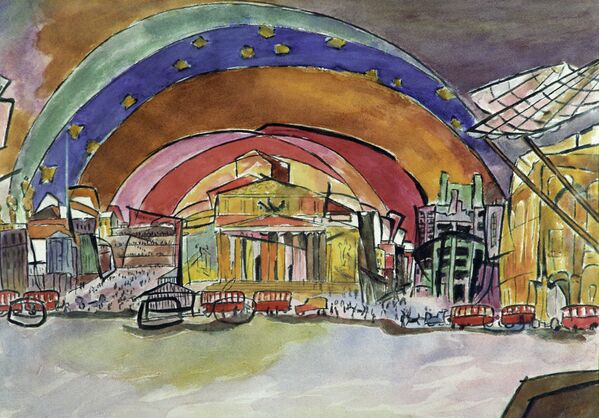
The set design for the 1914 tragedy “Vladimir Mayakovsky” (photo) was Lentulov’s first theatrical experience. Lentulov and Mayakovsky were friends and worked together on the tragedy, which was never staged.
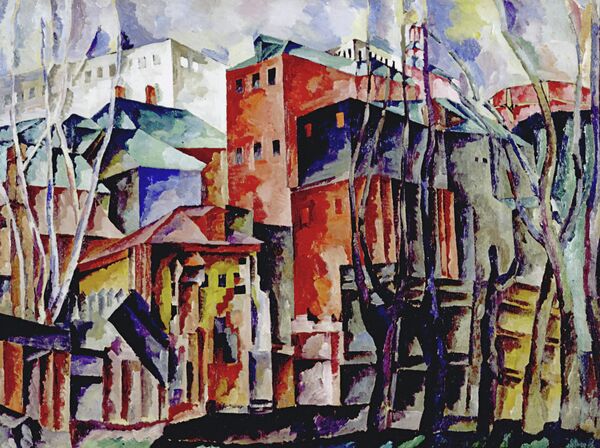
In the last years of his life, Lentulov worked actively as an educator and continued to paint. He was a professor at the Surikov Art Institute, now the Moscow School of Painting, Sculpture and Architecture. Aristarkh Lentulov died in 1943 in Moscow and was buried in the Vagankovskoye Cemetery. Photo: “Landscape with Laura” (1920).

